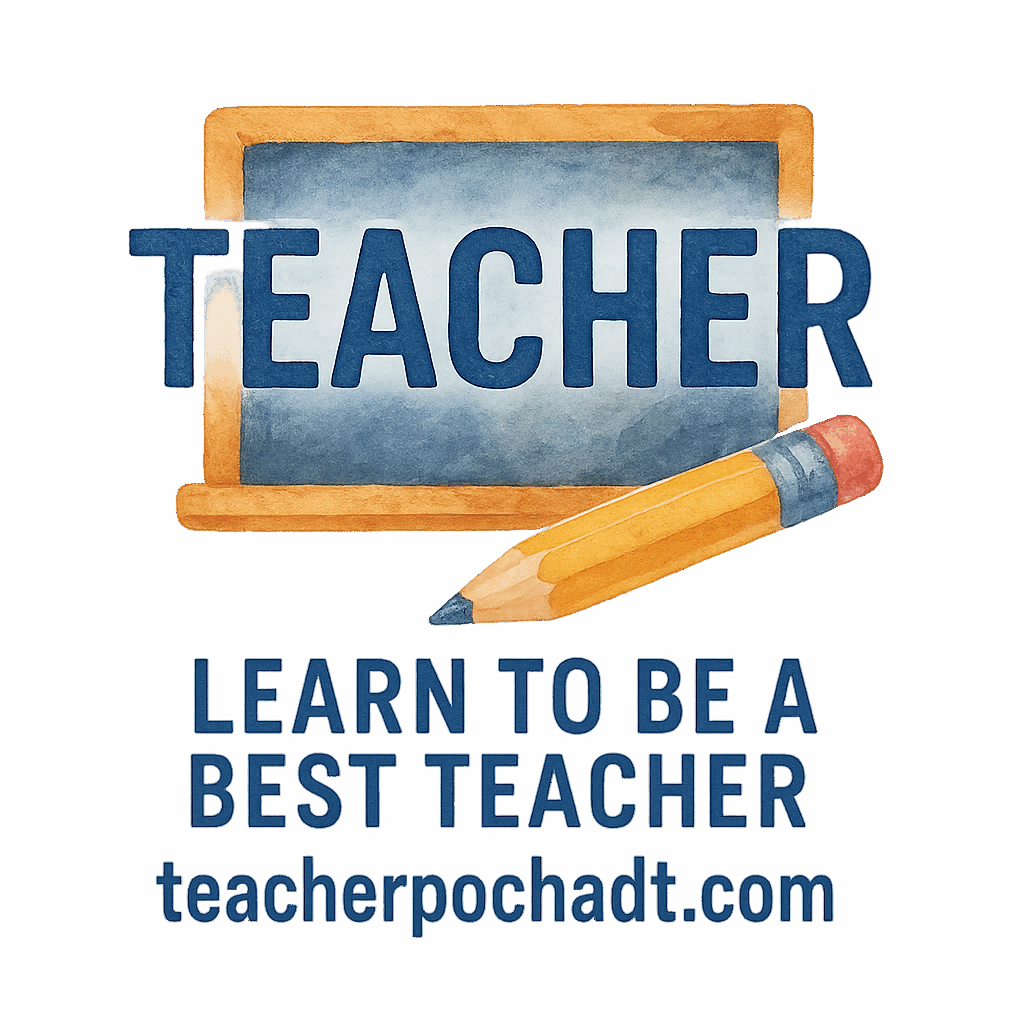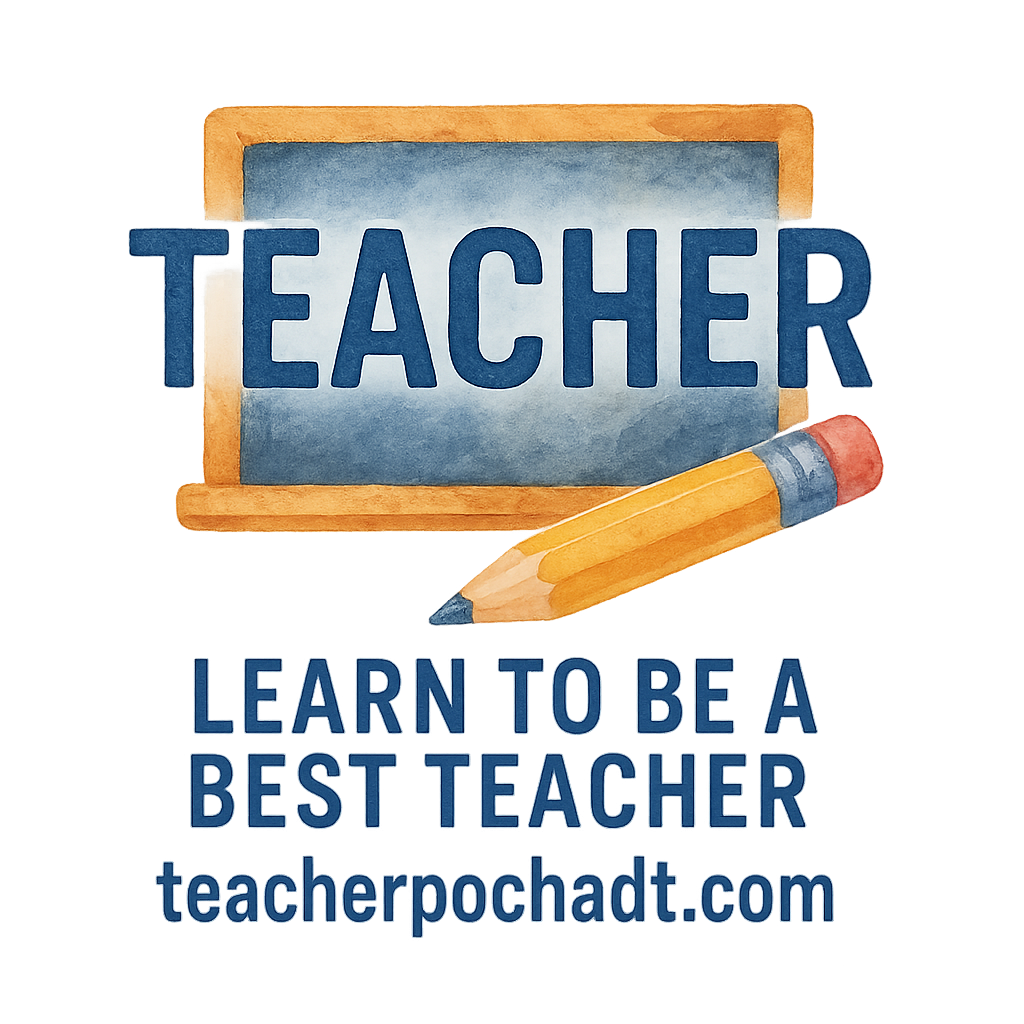Introduction: Why Teachers Should Explore Career Alternatives
If you’re a passionate teacher, you likely wake up every day ready to make an impact in your classroom. But what if you could take that same passion and apply it in other ways? Today, the teaching profession isn’t limited to the traditional classroom setting. Teachers can explore a variety of fulfilling and rewarding career paths that allow them to influence education on a broader scale.
In this article, we’ll dive into 8 exciting career options that can take your teaching expertise to new heights. Whether you’re looking for more flexibility, better pay, or simply a change of scenery, there’s something here for every passionate educator.
The Evolving Role of Teachers
With the rise of digital tools and new educational needs, teachers have more career options than ever before. Whether you want to stay in the educational field or explore different industries, your teaching background is a powerful asset.
Teaching is not just about imparting knowledge; it’s about guiding and shaping the future of students, and that same drive can help you find success in other areas as well.
What Does It Mean to Be Passionate About Teaching?
Being passionate about teaching goes beyond just loving your students. It’s about a genuine desire to inspire, create, and innovate in the classroom and beyond. If you’re looking to take your passion into a new direction, the following career paths may offer the perfect balance of challenge and fulfillment.
1. Educational Consultant
As an educational consultant, you’ll use your experience to help schools and educators improve their teaching strategies and systems. Your job will involve providing advice on curriculum design, teacher development, and school management.
Pros of Becoming an Educational Consultant
- Flexibility: You’ll have the ability to set your own hours and work with various institutions, including schools, nonprofits, and even businesses.
- Financial Rewards: Educational consultants often earn a competitive salary, especially if you specialize in high-demand areas like curriculum design or educational technology.
- Impact: You’ll be directly influencing the quality of education across multiple schools or districts, which can be incredibly rewarding.
Skills Needed to Become an Educational Consultant
- Analytical Skills: Being able to assess educational systems and recommend improvements is crucial.
- Communication: You’ll need to articulate ideas and strategies clearly to teachers, administrators, and other stakeholders.
- Educational Expertise: Your background in teaching will serve as the foundation for your consultancy work, so staying up-to-date on educational trends is essential.
Learn more about educational consulting.
2. Corporate Trainer
If you’re ready to make the leap into the corporate world, becoming a corporate trainer could be a rewarding option. Corporate trainers work with businesses to develop their employees’ skills in areas like leadership, communication, and customer service.
Pros of Becoming a Corporate Trainer
- High Earning Potential: Corporate training pays well, especially if you work with large organizations or specialize in high-demand topics.
- Opportunity to Work with Adults: Corporate trainers often enjoy working with adults who are eager to learn and improve their professional skills.
- Variety: You’ll get to work with different industries and individuals, which keeps the work dynamic and interesting.
Skills Needed to Become a Corporate Trainer
- Presentation Skills: You’ll need to be comfortable speaking in front of groups and delivering engaging presentations.
- Business Acumen: Understanding the goals of a company and aligning training programs to meet those needs is key.
- Adaptability: Every company is different, so being able to adapt training programs to different work environments is crucial.
Explore more on corporate training.
3. Curriculum Developer
Curriculum developers create the educational materials and resources used in classrooms. With your teaching experience, transitioning into this role can allow you to influence how educational content is structured and delivered.
Pros of Becoming a Curriculum Developer
- Creative Freedom: You get to design educational resources and materials that can have a lasting impact on students and teachers alike.
- Influence on Education: By designing curricula, you’re shaping how subjects are taught to students, which is a powerful position to hold.
- Demand for Skilled Developers: With schools and educational programs always evolving, there’s a steady demand for high-quality curriculum developers.
Skills Needed to Become a Curriculum Developer
- Pedagogical Knowledge: A deep understanding of teaching methods and student learning processes is essential.
- Design Thinking: Being able to create engaging and effective educational materials requires creativity and problem-solving skills.
- Technological Proficiency: Many curriculum developers now incorporate digital tools into their materials, so knowing how to use and create educational tech is a plus.
Learn more about curriculum development.

4. School Administrator
Transitioning into a school administrator role allows you to take on more leadership responsibilities and make a larger impact on an entire school or district. School administrators oversee operations, manage budgets, and support staff.
Pros of Becoming a School Administrator
- Leadership Opportunities: You’ll be in a position to influence school culture and educational practices on a large scale.
- Increased Responsibility: As an administrator, you’ll be responsible for ensuring that the school runs smoothly and meets educational standards.
- Long-Term Impact: Administrators have the opportunity to make lasting changes in the way education is delivered to students.
Skills Needed to Become a School Administrator
- Management Skills: As a leader, you’ll need to effectively manage staff, budgets, and educational programs.
- Decision-Making: School administrators make key decisions that affect the entire school, so strong decision-making abilities are crucial.
- Problem-Solving: Every day brings new challenges, so being able to address issues quickly and efficiently is important.
Explore more on school administration.
5. Online Educator or Tutor
The shift to digital learning has opened up a world of opportunities for teachers who want to work from home or with students outside the traditional classroom. As an online educator or tutor, you can teach students globally through platforms and virtual classrooms.
Pros of Becoming an Online Educator or Tutor
- Flexibility: Work from anywhere, set your own hours, and choose the subjects or grades you want to teach.
- Global Reach: You can teach students from around the world, expanding your impact.
- Independence: Many online educators work as freelancers, giving them full control over their careers.
Skills Needed to Become an Online Educator or Tutor
- Technological Proficiency: Knowing how to use virtual classrooms, teaching tools, and other digital resources is essential.
- Time Management: With a flexible schedule, you’ll need to manage your time effectively to meet the needs of your students.
- Communication Skills: Teaching online requires strong communication, as you won’t be physically present with your students.
Discover more on online education.
6. Educational Writer or Blogger
Educational writers and bloggers create valuable content on teaching strategies, student engagement, classroom management, and more. If you have a knack for writing, this could be the perfect way to share your knowledge with a wider audience.
Pros of Becoming an Educational Writer or Blogger
- Creative Freedom: You get to decide what to write about and how to present it.
- Work from Home: Blogging allows you to work from anywhere, making it a great option for those seeking flexibility.
- Influence: Educational blogs often reach a broad audience, meaning your ideas can impact a wide range of educators.
Skills Needed to Become an Educational Writer or Blogger
- Writing Skills: The ability to craft clear, engaging content is essential.
- SEO Knowledge: To reach a wider audience, you’ll need to optimize your content for search engines.
- Subject Matter Expertise: Writing about education requires deep knowledge and experience in the field.
Read more on educational blogging.
7. Education Technology Specialist
As an education technology specialist, you’ll bridge the gap between traditional teaching and the digital world. This role involves working with educators to incorporate technology into their teaching practices.
Pros of Becoming an Education Technology Specialist
- Innovation: You’ll be at the forefront of integrating technology into classrooms, helping educators keep pace with evolving trends.
- Job Security: Technology is increasingly vital to education, meaning demand for specialists is growing.
- Impact on the Future of Education: By helping teachers use digital tools effectively, you’re shaping the way future generations learn.
Skills Needed to Become an Education Technology Specialist
- Knowledge of Educational Platforms: You’ll need to know how to use and implement different educational technologies.
- Problem-Solving: When things go wrong, you’ll need to troubleshoot and solve issues on the fly.
- Communication Skills: You’ll need to explain tech solutions in a way that teachers can easily understand and apply.
Explore more on educational technology.
8. Education Policy Advisor
If you have a passion for improving education systems on a larger scale, consider becoming an education policy advisor. This role involves working with governments, nonprofits, and organizations to develop and implement policies that shape education systems.
Pros of Becoming an Education Policy Advisor
- Influence on Education: You’ll have the chance to affect systemic change, improving education for thousands of students.
- Research Opportunities: Policy advisors often conduct research to understand educational issues and propose solutions.
- Advocacy: You can be a voice for underserved communities, advocating for more equitable educational practices.
Skills Needed to Become an Education Policy Advisor
- Research Skills: Strong research abilities are key to identifying educational problems and potential solutions.
- Policy Knowledge: A deep understanding of current educational policies and how they impact schools is essential.
- Advocacy: You’ll need to be comfortable advocating for changes that benefit students and teachers.
Learn more about education policy.
Conclusion: Which Career Path is Right for You?
The teaching profession offers countless career paths beyond the classroom, each with its own set of rewards and challenges. Whether you’re interested in consulting, training, writing, or influencing education policy, there’s a career that allows you to harness your passion for teaching while expanding your impact.
Take the time to explore each of these career paths and determine which one aligns best with your values, interests, and long-term goals. The world of education is vast, and as a passionate teacher, you have the power to shape its future.
FAQs
- What qualifications are needed for educational consulting?
- Can I transition to a corporate trainer role without any business experience?
- How do I become a curriculum developer?
- What are the key skills required to be an online educator?
- Is education technology a growing field?
- How can I start a career in educational writing or blogging?
- What impact can an education policy advisor have on the education system?


